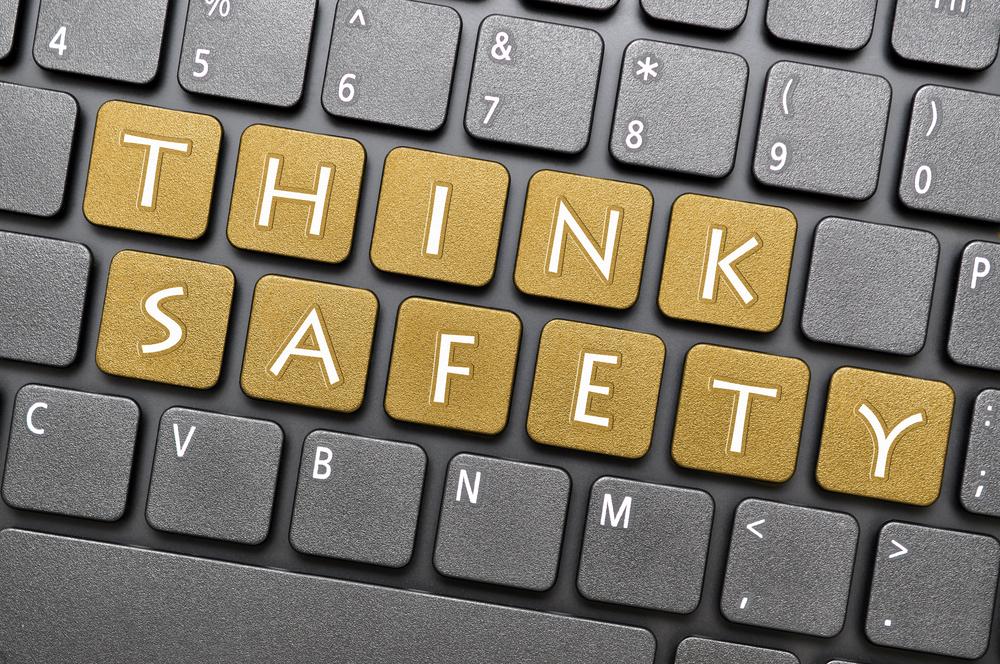Throughout the day, we receive a large amount of information. Some of it we assimilate, and some of it we discard since it may not be of interest to us, and therefore we do not need to retain it. For this, we rely on critical thinking.
The media, different sources, people, data we read. All these are responsible for providing us with daily information, which may or may not interest us, and we can value it and accept it or not.
And what is critical thinking? The definition of this concept encompasses the ability we have to analyze and evaluate the information we receive on a given topic. With this analysis, we can arrive at the most reasonable and justified position on that particular topic.
How do we develop this type of thinking? In this Educar21 infographic, created by Gesvin Romero, we show you the 5 characteristics of the critical thinker.
- Formulates problems and questions with clarity and precision.
- Evaluates relevant information and use abstract ideas to interpret effectively.
- Concludes solutions, testing them against relevant criteria and standards.
- Thinks open-mindedly within alternative systems of thought.
- Creates solutions to complex problems and communicates them effectively.
What Is The Importance Of Critical Thinking?
You don’t consistently use critical thinking in your day-to-day life because that would detract from your energy for the important things. Therefore, much of what you do daily is automatic, such as, for example, breathing.
However, whether work-related or personal, important decisions should not be left to automatic processes. Why? Because critical thinking has a number of characteristics that will help you.
It is a domain-general thinking skill. That is, it allows you to think clearly and rationally to solve problems.
It is critical in the knowledge economy. Today, new flexible intellectual skills are needed. Add to this the ability to analyze and integrate information from different sources in favor of problem-solving.
Improve presentation and language skills. By thinking clearly and systematically, you can better express your ideas. In addition, knowing how to analyze the structure of a text and writing it on paper help you to improve your comprehension skills.
Promotes creativity. New ideas can provide very creative and relevant solutions to certain issues. Critical thinking can analyze them, select the best ones and modify what is necessary.
It is necessary for self-reflection. To structure your life and live it fully, you need to reflect on your values and daily decisions. Thanks to this type of thinking, you will have the necessary tools to carry out a good self-evaluation process.
Empower Critical Thinking
The ability to think critically is in high demand nowadays. If you want to enhance this skill, here is a guide to get you started:
- Ask basic questions. To solve a problem, you need to find the simplest solution and, for that, you can ask yourself easy questions such as: What do you know? How do you know? What is it for? Why? What are you overlooking?
- Analyze your mental processes. Be aware of your cognitive biases and personal prejudices. This way, you will understand how your thinking influences your decisions and proposals for seemingly objective solutions.
- Try to reverse situations. What if A does not cause B, but B causes A? Opening your mind and considering other points of view can help you find the appropriate solution.
- Analyze existing information. Before making a decision, gather existing information in that area. If someone else has already laid the groundwork for something, it will be easier for you to reach a conclusion that is not wrong.
- Think for yourself. You must add your thoughts to research and reading, as they are your most powerful tool. You can rely on the work of others but never give up your thinking. Sometimes you may err in your reasoning, but you will also learn from that, which will help you avoid it in the future.
How to Apply Critical Thinking at Work: Examples
When it comes to making a decision, critical thinking can help you choose the best one if you are torn between two proposals. To do this, you have to set aside your interests and find a solution that satisfies the objective you are pursuing.
To get here, you have to identify the cognitive bias.
Another clear example in which the importance of critical thinking can be appreciated is when it comes to fostering a critical spirit without being critical. How to do it? Quite simply. A critical person exposes a problem or alerts you to a need. On the other hand, the critical person only expresses their opinion because they consider it very important.
This can be transferred to the work field. There you should focus on whether the criticism responds to a problem or need or if it is just a personal opinion.
In short, critical thinking is essential in day-to-day life because a person who uses it will be able to analyze social problems and reflect on them. Thus, it is a fundamental pillar to inform and debate biases and prejudices.



